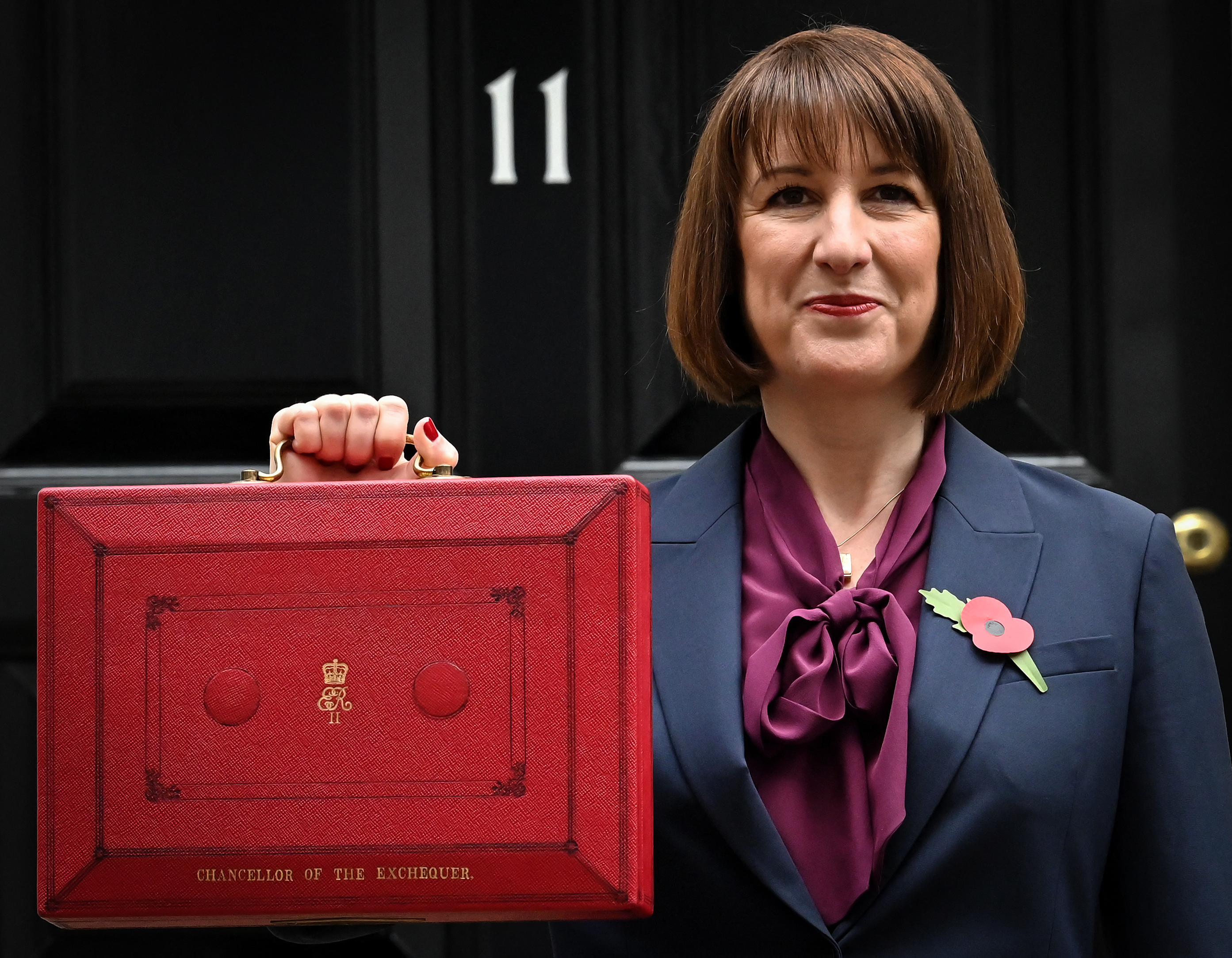Treasury Refuses to Release Evidence on Farmers’ Inheritance Tax Alternative
The government has declined to provide farming leaders with evidence that their proposed alternative to inheritance tax revisions suggested by Rachel Reeves would generate significantly lower revenue.
Last year, protests emerged after ministers announced plans for a 20 percent inheritance tax on agricultural and business assets valued over £1 million starting next April, aimed at raising £500 million annually by 2029. Farmers warned that the tax would jeopardize their businesses and diminish profits for a decade.
The National Farmers’ Union (NFU) and the Country Land and Business Association (CLA) have proposed a “clawback” scheme to ministers, involving a 40 percent inheritance tax on assets sold by a family successor within seven years following the owner’s death.
This approach aims to alleviate the tax burden for those who continue farming, allowing them to operate without the fear of excessive inheritance tax, while providing liquid assets for those who choose to sell.
The CLA, representing 28,000 farmers and rural businesses, asserts that the alternative policy is expected to generate revenue comparable to the government’s proposed figures and has urged the Office for Budget Responsibility to evaluate this proposal.
However, James Murray, Exchequer Secretary to the Treasury, stated in the House of Commons that the clawback proposal would yield “much less” revenue than the government’s strategy.
The CLA has filed freedom of information requests seeking the Treasury’s evidence supporting this claim, but the government has stated that releasing this information is not in the public interest.
In its response, the Treasury emphasized the need to protect details that could adversely affect ongoing policy development, citing that the requested information pertains to broader policy considerations that remain under review.
This stance contrasts with statements from ministers, including the Prime Minister, who have repeatedly declared that the policy is final and will not undergo further changes.
Agricultural organizations, tax experts, and the environment, food and rural affairs select committee, which includes seven Labour MPs, have criticized the government’s approach as lacking adequate consultation, impact assessments, or affordability evaluations.
The CLA, along with over a dozen other industry organizations, has urged the Chancellor to reconsider the decision and disclose the evidence.

In a letter obtained, these organizations request the publication of the UK government’s analysis regarding its inheritance tax reforms and the clawback alternative to facilitate comprehensive public scrutiny.
They assert: “All evidence indicates that the government’s reforms will further damage the UK economy. Family businesses, their employees, and supply chains are already facing adverse effects. Instead of generating more tax revenue, the reforms deter investment, job growth, and ultimately diminish income.”
They add, “It is not too late to alter the course and foster a positive relationship with the family business sector. We seek a meeting with a representative group to discuss this issue and broader opportunities for economic growth.”
The letter boasts signatures from the CLA, NFU, Family Business UK, Tenant Farmers Association, British Holiday & Home Parks Association, Historic Houses, Horticultural Trades Association, National Association of Funeral Directors, National Franchised Dealers Association, Farm Retail Association, Electrical Contractors’ Association, and the Construction Plant-hire Association.
The CLA, alongside other industry groups, presented the clawback option to Murray and Farming Minister Daniel Zeichner in February after the Chancellor invited input for alternative revenue-raising methods.
Victoria Vyvyan, the CLA president, commented, “The Treasury states it is not in the public interest to clarify its data sources. We disagree; it is crucial for public knowledge regarding the evidence utilized and its implications. The lack of consultation, published impact assessments, and details to back their claims that the clawback would raise lower revenues is concerning.”
According to independent economic modeling commissioned by Family Business UK, conducted by CBI Economics, the proposed changes could generate a net fiscal loss of £1.25 billion, potentially resulting in over 125,000 job losses and diminishing economic activity by £9.4 billion throughout this parliamentary term.
The government maintains that around 500 agricultural estates will be affected by the tax annually, totaling about 16,000 over a generation, stating that all family farms could be transferred to the following generation without significant tax implications.
However, farming leaders contest that the consequences will be much more severe. The NFU estimates that around 75 percent of commercial family farms will exceed the £1 million threshold, with numerous farms being compelled to sell land to meet tax obligations, threatening their viability.
They claim that the tax planning and bills will consume nearly all profits earned by family farms for a decade and obstruct growth in the sector alongside participation in environmental programs.
A government spokesperson responded, stating: “The vast majority of estates availing of these reliefs will pay no additional inheritance tax; those that do will pay a lowered rate and can defer payment over ten years interest-free. This is a fair and balanced strategy intended to support our essential public services.”




Post Comment